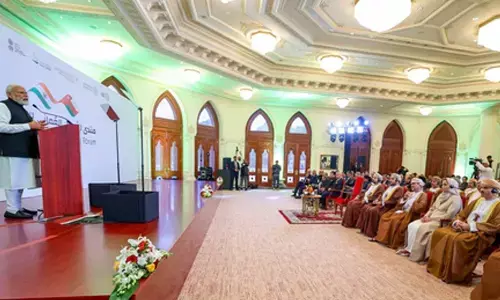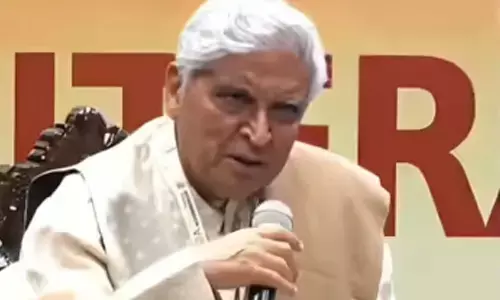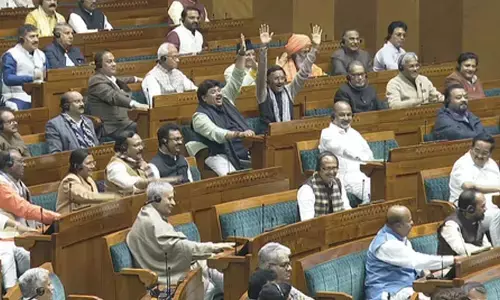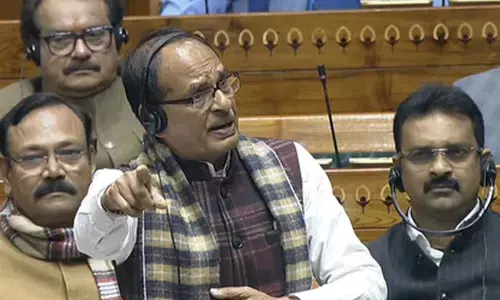RBI's MPC highlights inflation spike risk, signal rate hikes
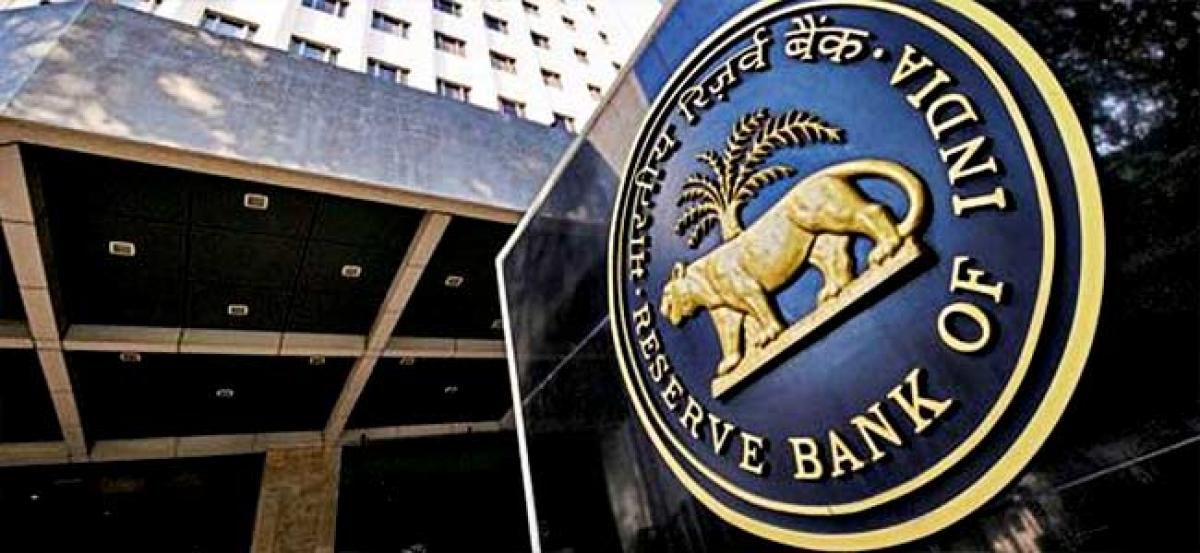
The Reserve Bank of Indias monetary policy committee sees a risk of rising headline inflation from high crude oil prices and a weak rupee, indicating potential rate hikes ahead even as it held rates unchanged at its last meeting
Mumbai: The Reserve Bank of India’s monetary policy committee sees a risk of rising headline inflation from high crude oil prices and a weak rupee, indicating potential rate hikes ahead even as it held rates unchanged at its last meeting.
Minutes of RBI’s monetary policy committee’s (MPC) October meeting, released on Friday, showed most committee members highlighted the upside risks to inflation while preferring to wait for greater clarity on price pressures.
Five of six MPC members had voted for keeping rates on hold at 6.50 per cent, surprising most economists.
The panel also shifted its policy stance to ‘calibrated tightening’ from ‘neutral’.
“The likelihood of oil prices remaining elevated rules out a rate cut anytime soon,” RBI Deputy Governor Viral Acharya wrote in the minutes.
“Given the flexible inflation-targeting mandate of the MPC, it seems important to signal commitment to keeping to the mandate and move forward carefully at an appropriate time.”
India’s retail inflation rose to 3.77 per cent in September from 3.69 per cent in August, the country’s Statistics Ministry said last week.
Headline inflation for the first quarter of the fiscal year to March 2020 is projected at 4.8 per cent compared with the MPC’s mandated target of 4 per cent.
The inflation outlook faces several upside pressures such as the effect of higher state-mandated prices of summer-sown crops, a rise in crude oil prices and increased volatility in financial markets of emerging economies, RBI Governor Urijit Patel said.
Other risks include rising input costs, fiscal slippage at the federal or provincial levels and the effects of staggered house rental allowance revisions by state governments, he said.
Given inflation risks have been persistent, and to achieve the inflation target, “it is apposite to change the stance of monetary policy from neutral to calibrated tightening,” Patel said.
Chetan Ghate, the only MPC member to vote for a 25 basis points increase in the repo rate, said the appropriate “risk-management approach would be to act now” given the strong possibility of the “un-anchoring” of inflationary expectations.











